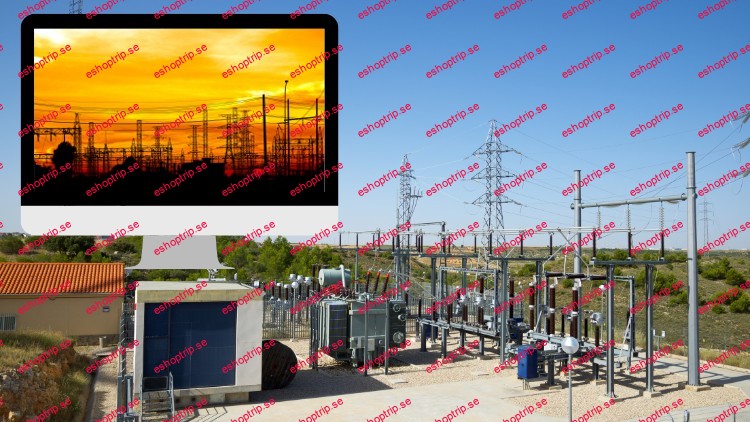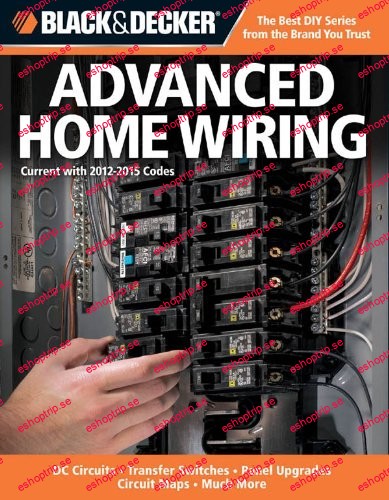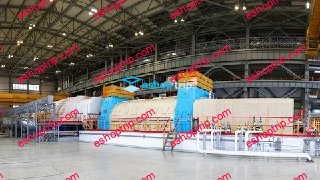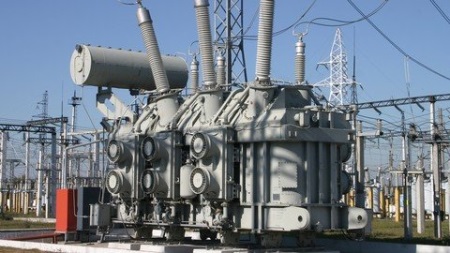Published 7/2024
Created by Rajendra Singh
MP4 | Video: h264, 1280×720 | Audio: AAC, 44.1 KHz, 2 Ch
Genre: eLearning | Language: English | Duration: 8 Lectures ( 2h 21m ) | Size: 1.71 GB
Learn everything about Substation and Switchyard Design, Earthing Design and Short Circuit Calculation for Substation
What you’ll learn:
Introduction to Substations: Components, applications, Installations, Design basis, SLD, symbols, Review
Major equipment & ancillaries: Power transformers, Circuit breaker, Voltage regulators, Capacitors, reactor, Relays, Control equipment, high voltage termination
Instrument Transformer Selection and Sizing, Electrical Protection System
Substation / Switchyard Design – Introduction & types of substations , Selection and sizing of Equipments, Bus bar arrangements , Substation Clearances
Plant Earthing / Substation Earth mat design- Substation Earth mat design Calculation, Earthing Installations Details, Substation Earth mat layout preparation
Requirements:
Laptop / PC with good internet
Pen and Paper to note the important points
Description:
What is substation design?Substation design is the process of planning and creating the layout, specifications, and operational protocols for electrical substations. These substations are critical nodes in the power distribution network, transforming voltage levels and ensuring the efficient and reliable delivery of electricity from generation sources to consumers. The design process involves selecting appropriate electrical components, such as transformers, circuit breakers, and switchgear, and configuring them to work together seamlessly. It also includes considerations for safety, environmental impact, and regulatory compliance. Effective substation design ensures the stability and resilience of the power grid, accommodating current demands and future growth.What student will be able to do after this course?After completing the Substation Design course, students will be equipped with the skills to design and implement electrical substations. They will gain proficiency in understanding substation components, layout planning, and safety protocols. Students will be able to perform load calculations, select appropriate equipment, and ensure compliance with industry standards. Additionally, they will develop the capability to troubleshoot and maintain substation systems, making them valuable assets in the power and energy sectorCourse Outline:Module 1- Basic of Electrical EngineeringCodes & StandardsSingle phase system and Poly phase system and their importancePower generation, Transmission, Distribution and utilizationPower Factor correction and Improvement methodsStar & Delta in 3-Ph systemModule 2- Circuit Breaker Selection and SizingBreaker classification based on voltage levelArc Quenching PhenomenaOperating Mechanisms of Circuit breakerPreparation of Breaker control schematicRating of Circuit breakerModule 3- Instrument Transformer Selection and SizingCurrent TransformerDifference between conventional transformer and current transformerEquivalent Circuit of CTErrors of CTCT Core classification (Metering and Protection class)CT Sizing calculationVoltage TransformerDifference between conventional transformer and Voltage transformerRatio and Phase error of VTVT Core classification (Metering and Protection class)VT Sizing calculationModule 4- Electrical Protection SystemInductionRelay TechnologyRelay CharacteristicsTypes of relays and applicationRelay CoordinationModule 5- Substation / Switchyard DesignIntroduction and types of substationsSelection and sizing of EquipmentsBus bar arrangementsSubstation ClearancesSLD and Layout preparation for 132/33kV SubstationModule 6- Plant Earthing / Substation Earth mat designRequirement of Earthing in Industrial PlantsSubstation Earth mat design CalculationEarthing Installations DetailsTypes of Earthing DetailsSubstation Earth mat layout preparation
Who this course is for:
Electrical Engineer
Instrumentation Engineer
Electronics Engineer
Any Professional who want to learn
Student with engineering background
Homepage










